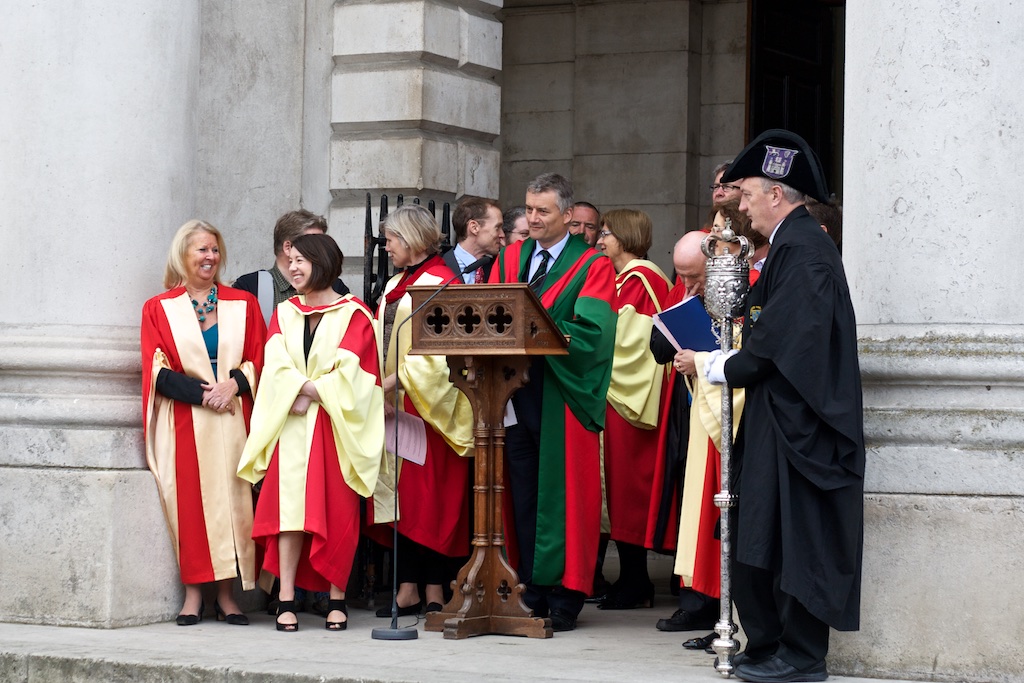Changes to the College statutes approved at a joint meeting of the College Board and University Council last Wednesday will mean, if approved by the Fellows and Visitors, that students could be elected scholars all year round and not just on Trinity Monday.
Traditionally, scholars have only been announced on Trinity Monday. However, the new amendment would allow the College Board to elect scholars throughout the academic year “for specifically grave reasons”. This appears to have been created to accommodate students who appeal their initial failure in the foundation scholarship exams and, if successful, can be elected at a time other than Trinity Monday.
Speaking to The University Times, Prof Eoin O’Dell, an Associate Professor in the Law School who chaired both the four-year period of revision by the Statutes Review Working Party, which culminated in the 2010 consolidated statutes, and the more-recent revisions by the Schedules Working Party, emphasised that this change was made to “fill a gap” in current College policy.
A number of other technical and clerical reasons have also prevented deserving scholars from being announced on Trinity Monday, such as basic paperwork errors. Speaking to The University Times, Amy Worrall, Secretary to the Scholars, welcomed the new changes, commenting that this type of situation had been leaving students “basically in a limbo” until the following Trinity Monday, an entire year later.
The revision to the statutes has also led to the clarification of the type of accommodation scholars are eligible to receive, after a dispute about the definition of on-campus” accommodation, and specifically the meaning of the words “in College”. While traditionally all scholars resided in the historic city centre campus, in 2014 College decided to place a number of scholars in Trinity Hall. This decision led to a challenge against College taken to the University Visitors, with scholars arguing that the College statutes entitled them to on-campus accommodation, as Trinity Hall was, they said, not “in College”.
The revised statutes, would now define College accommodation as “all the properties [College] controls”, such that Trinity Hall is considered “in College”. O’Dell commented that this was changed “for the purposes of deciding where Scholars may be allocated rooms”. Worrall welcomed the clarification.
The Scholars’ Committee, a committee of scholars elected each year, would also now be defined in the statutes as a group which “may represent” scholars “and otherwise act on their behalf between meetings”. The Secretary to the Scholars has traditionally acted in this purpose in some ways already, and sits as an observer at several College committees, such as University Council.
Additionally, Board “may provide a portion of that stipend to the Scholars’ Committee”. Worrall was elected “to find some sort of funding … to get the Scholars more engaged with the College community”. The solution, decided by Board, will mean that €3.95 of the annual €253.95 stipend received by each scholar will go to the Scholars’ Committee.
Last year was the first year that this money was given directly to the committee and according to Worrall, it funds scholar events, such as pub quizzes. She believes this income of approximately €1,000 a year allows the committee “to make a small contribution to College community, which is one of our responsibilities”.







